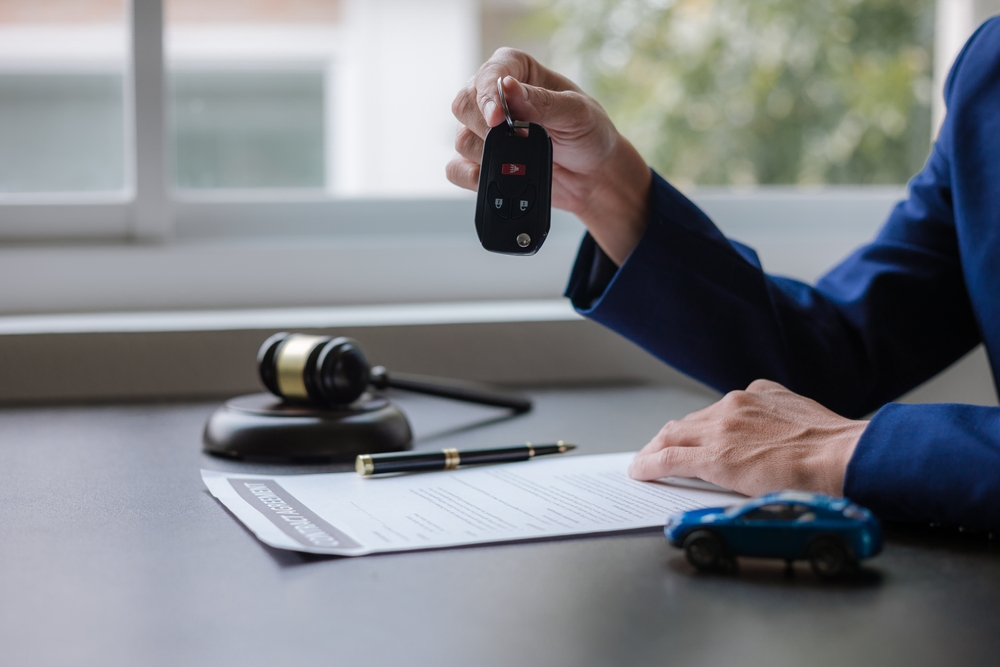Florida is one of several states that operate under a “no-fault” car insurance system, which means that after a car accident, each driver’s insurance company pays for their medical expenses and some other costs, regardless of who was at fault. Understanding how Florida’s no-fault personal injury laws work is essential if you’re involved in a car accident in the Sunshine State. In this blog post, we will explore Florida’s no-fault system, its benefits, limitations, and the steps you should take if you’re injured in a car accident.
Florida’s No-Fault System Explained
Florida’s no-fault car insurance system is designed to provide swift compensation for accident-related injuries and streamline the claims process. Under this system:
- Personal Injury Protection (PIP): Every vehicle owner is required to carry Personal Injury Protection (PIP) coverage as part of their auto insurance policy. PIP covers the policyholder’s medical expenses and, in some cases, lost wages.
- Immediate Coverage: Regardless of who is at fault in an accident, your PIP coverage is designed to kick in immediately. This means your own insurance company pays for your medical expenses, not the other driver’s insurer.
- Limited Right to Sue: In exchange for this no-fault system, Florida drivers have limited rights to sue for damages. You can only file a lawsuit against the at-fault driver if your injuries are considered serious or if certain criteria are met.
The Benefits of Florida’s No-Fault System
Florida’s no-fault system offers several advantages, including:
- Quick Compensation: PIP insurance ensures that medical bills are paid promptly, regardless of who was responsible for the accident.
- Reduced Lawsuits: The system is intended to minimize the number of lawsuits related to minor accidents, helping to reduce the burden on the court system.
- Coverage for Passengers: PIP coverage also extends to passengers in your vehicle, as well as family members living in your household.
The Limitations of Florida’s No-Fault System
While the no-fault system offers benefits, it also has limitations:
- Limited Compensation: PIP coverage may not fully cover extensive medical expenses or lost wages, particularly in cases of severe injuries.
- Reduced Accountability: Since fault is not a primary consideration, there may be less incentive for drivers to exercise caution, potentially leading to more accidents.
- Complex Criteria for Lawsuits: To file a lawsuit against the at-fault driver, your injuries must meet specific criteria, such as significant or permanent loss of bodily function.
Steps to Take After a Car Accident in Florida
If you’re involved in a car accident in Florida, here are the steps to follow:
- Seek Medical Attention: Regardless of the severity of your injuries, it’s essential to seek immediate medical attention. Your well-being is the top priority.
- Report the Accident: Contact law enforcement to report the accident and create an official record. This is important for insurance and legal purposes.
- Notify Your Insurance Company: Inform your insurance company about the accident and initiate your PIP claim. Be sure to follow their instructions for filing your claim.
- Gather Evidence: Document the accident scene, collect witness statements, and keep records of your medical bills and other expenses.
- Consult an Attorney: If your injuries are severe or you believe you may meet the criteria for a lawsuit, consult a Florida personal injury attorney who can evaluate your case and guide you through the legal process.
Navigating Florida’s no-fault personal injury laws after a car accident can be complex, and it’s important to understand the benefits and limitations of this system. Seeking prompt medical attention and notifying your insurance company are crucial steps, and consulting a personal injury attorney can be invaluable if you believe you may have a case for a lawsuit. By following these steps and understanding the nuances of Florida’s no-fault system, you can better navigate the aftermath of a car accident and protect your rights.

